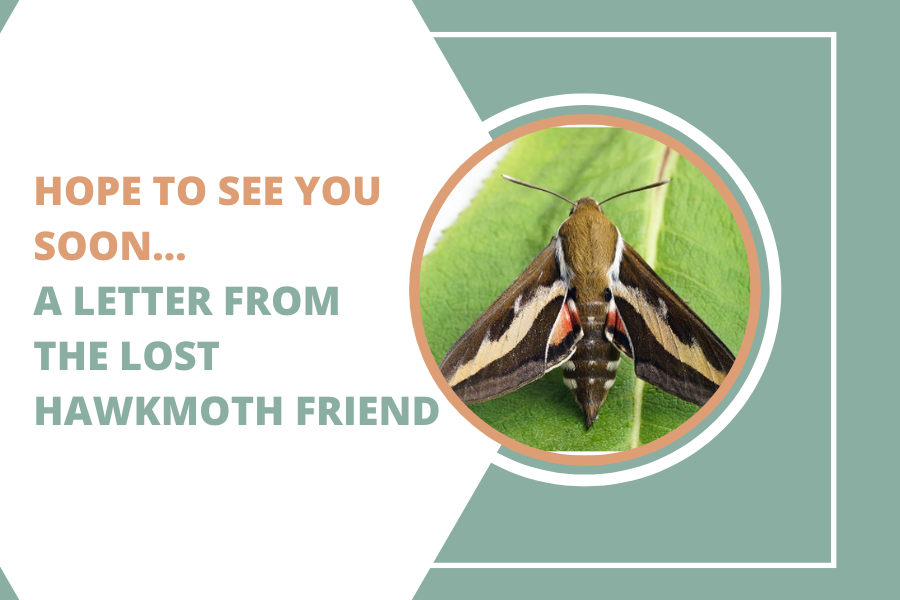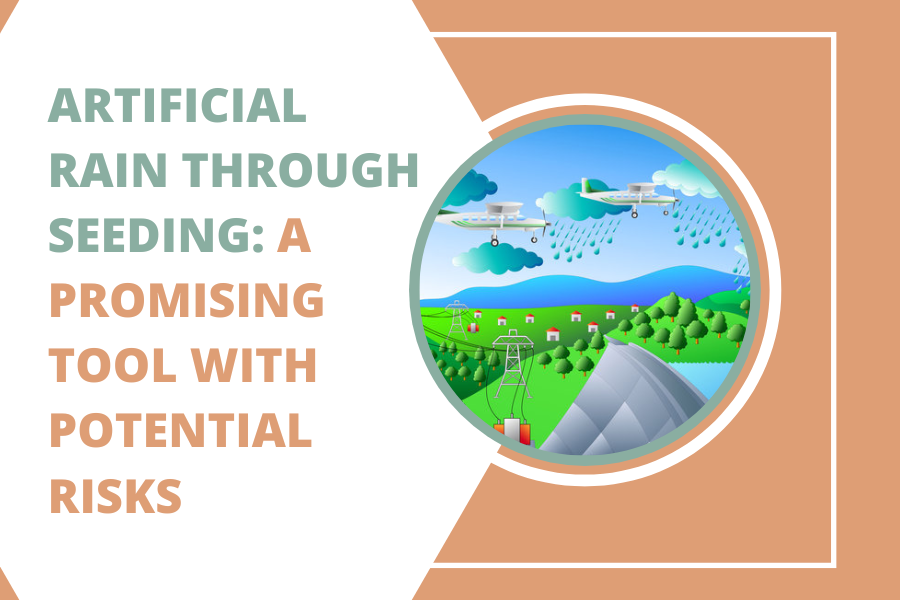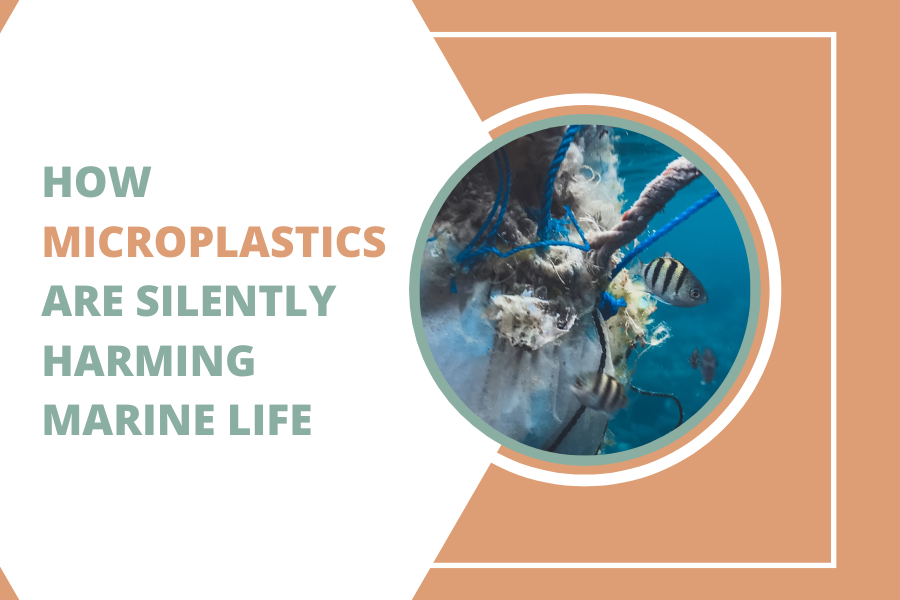To,
Oenothera pallida
Dessert fields,
The steppe of the Columbia Plateau,
Echo Basin, Washington, US.
My dear White Evening Primrose,
I am writing this letter with the hope that it will reach you and that we can connect again soon. I want to let you know that I am in agony; my evenings without you are incomplete. I still remember the first time I met you, and you looked magical with flowers all over you. The air around me was saturated with your sweet fragrance, and that is how I found my way to you, conquering kilometers. We became friends in no time, and you generously gifted me with your pollen when I returned home. Lovely days…
Things have changed now. It has been more than a week since we last met. I know you will be anticipating my arrival. However, dear friend, I have been unable to track your fragrance and navigate my way to you in the past few days. I feel blinded. I was so confused about what was happening that I fortunately met Dr. Chan and the team from The University of Washington. The team conducted experiments to study the effect of air pollutants on the association between pollinators and primrose flowers and recently published their findings in The Journal Science. I had a conversation with them about our situation, and what they shared was highly shocking. Let me explain.

My dear Primrose, it was surprising to know that your smell is composed of a specific combination of different chemicals mentioned as bioactive compounds, and the recipe is unique among all flowers, it seems. Now, I know why you smell special, my friend! The scientists collected these bioactive compounds responsible for the floral scent using traps installed in the primrose fields. They analyzed the scent samples to identify the compounds and also for their potential to attract pollinators. They conducted wind tunnel experiments to study the compounds’ degradation rate by air pollutants like NO3 (Nitrate radical) and O3 (ozone). How this reaction affected the ability of hawkmoths to navigate the way to flowers was also studied.

The scientists discovered that nitrate radicals have a greater impact on certain chemicals like monoterpenes, which are crucial for attracting moths to flowers, compared to ozone pollutants. In these experiments, moths struggled to locate flowers when exposed to nitrate radicals. Nitrate radicals diminish a flower’s ability to emit scents that can effectively attract pollinators, reducing their reach and making them harder for moths to detect.
Dear Primrose, After hearing all this information from Dr. Chan and the team, I know why I couldn’t find you, and I am heartbroken because there is no hope left. The human epoch has made our lives challenging. I don’t know if we will meet ever again. I miss our times together and will keep trying to find my way to you. Please hand over a letter of reply to Mr. Wind, who brought this letter to you. I am eagerly waiting to hear from you. Please do not forget me.
With lots of love!
Your Friend
Hawk Moth





